Tag: simulation
-
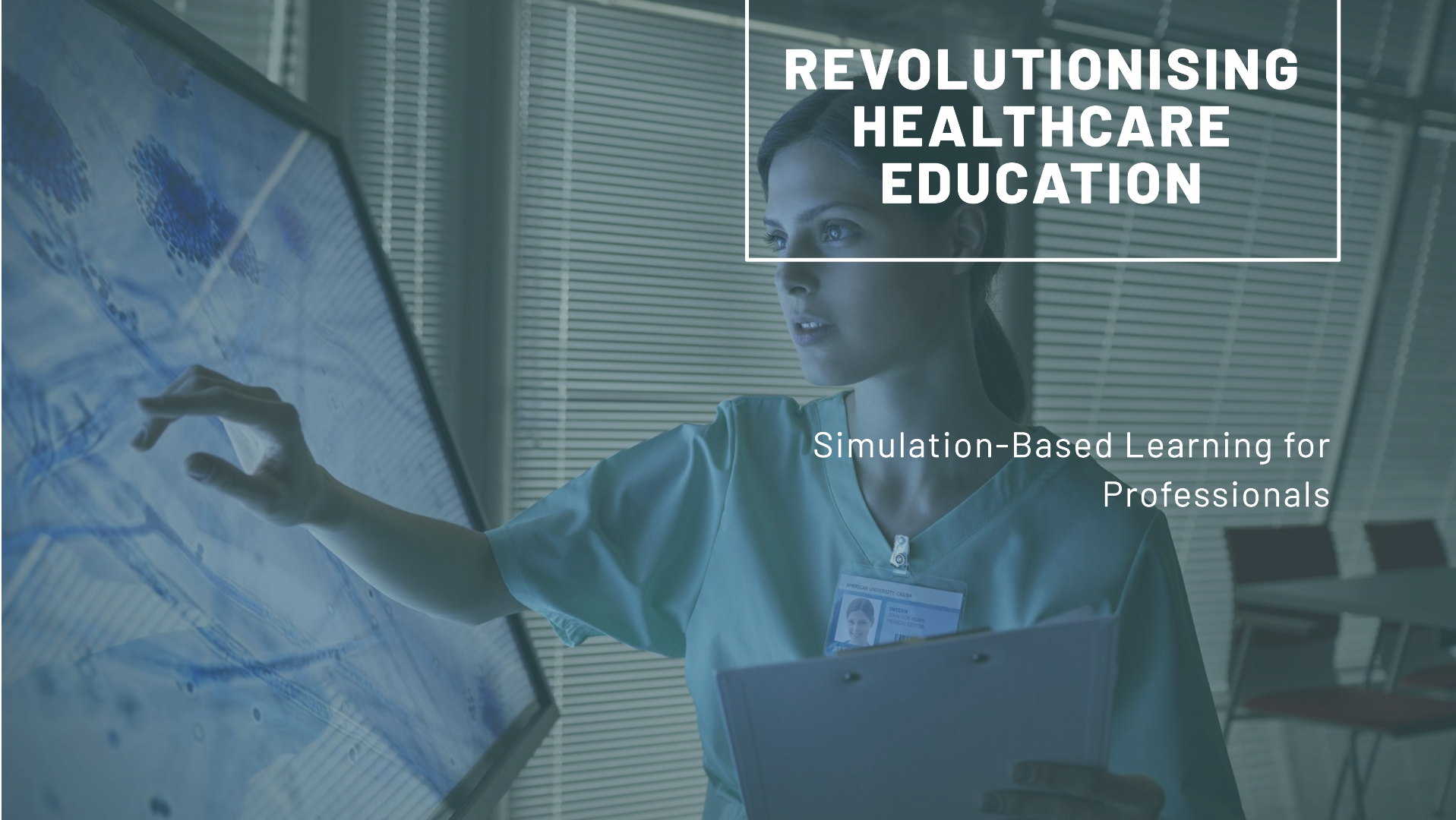
Future Trends in Simulation-Based Learning for Healthcare Professionals
Simulation-based learning has become a cornerstone of healthcare education, offering professionals a safe environment to practice skills, refine decision-making, and improve patient outcomes. As technology advances, the future of simulation-based learning promises even greater innovation, transforming how healthcare professionals are trained and continuously upskilled. This article explores emerging trends such as AI-driven simulations, immersive reality,…
-
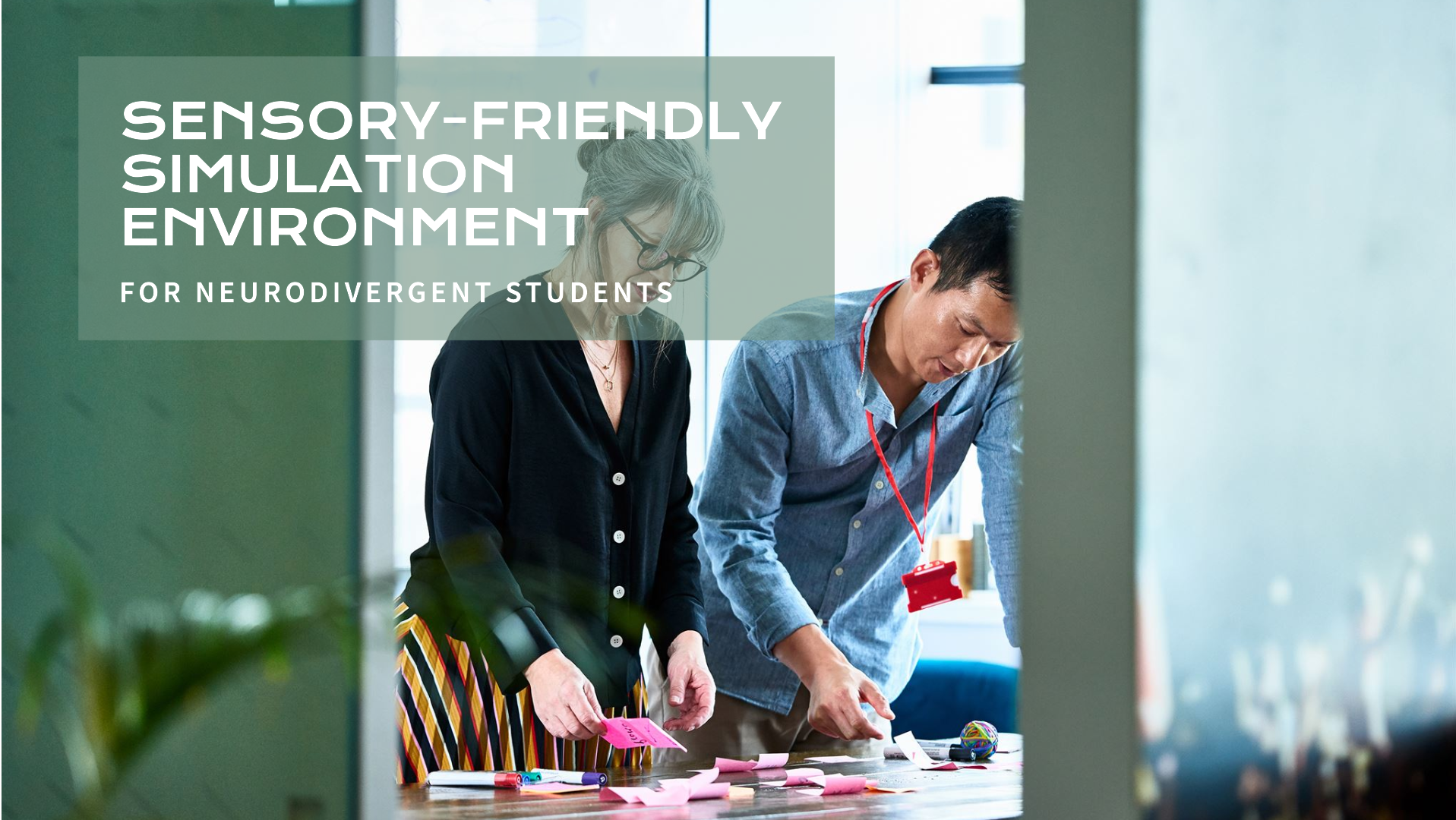
Creating a Sensory-Friendly Simulation Environment for Neurodivergent Students
Healthcare education increasingly embraces diversity, recognising the unique strengths and challenges neurodivergent students bring to the field. For students with Autism, ADHD, or other neurodivergent traits, simulation-based learning can be an excellent tool for practical training. However, traditional simulation environments, often filled with loud noises, bright lights, and high-pressure scenarios, can create sensory barriers that…
-

Real-World Impact: How Paramedic Students Benefit from Simulation Training
Paramedics operate on the frontline of healthcare, often in unpredictable, high-pressure environments where split-second decisions can save lives. Preparing students for these challenges requires more than textbooks and lectures—it demands immersive, hands-on learning experiences. Simulation training has become an essential tool in paramedic education, bridging the gap between theory and practice. This article explores how…
-

Overcoming Barriers to Implementing Simulation-Based Learning in Healthcare Education
Simulation-based learning has revolutionised healthcare education, offering a safe and controlled environment for students to develop clinical skills, improve decision-making, and gain hands-on experience. Despite its benefits, many institutions face significant barriers when trying to implement simulation-based learning. Issues such as high costs, accessibility challenges, and the need for specialised staff training can hinder adoption.…
-

ADHD in Healthcare Education: Turning Challenges into Strengths
Healthcare education is intense, demanding unwavering focus, attention to detail, and the ability to handle high-stress situations. For students with ADHD, these requirements can pose unique challenges, from staying organised to managing time and reducing distractions. Yet, students with ADHD also bring valuable strengths, such as creativity, adaptability, and quick thinking—qualities that, when harnessed effectively,…
-

The Role of Simulation in Clinical Decision-Making for Paramedics: Enhancing Real-Time Problem-Solving Through Experiential Learning
In paramedicine, clinical decision-making skills can mean the difference between life and death. Paramedics are often the first to respond in critical situations, requiring them to quickly assess, prioritise, and manage patients in unpredictable and high-pressure environments. Simulation-based learning is emerging as a powerful tool in honing these essential skills, allowing paramedic students to develop…
-
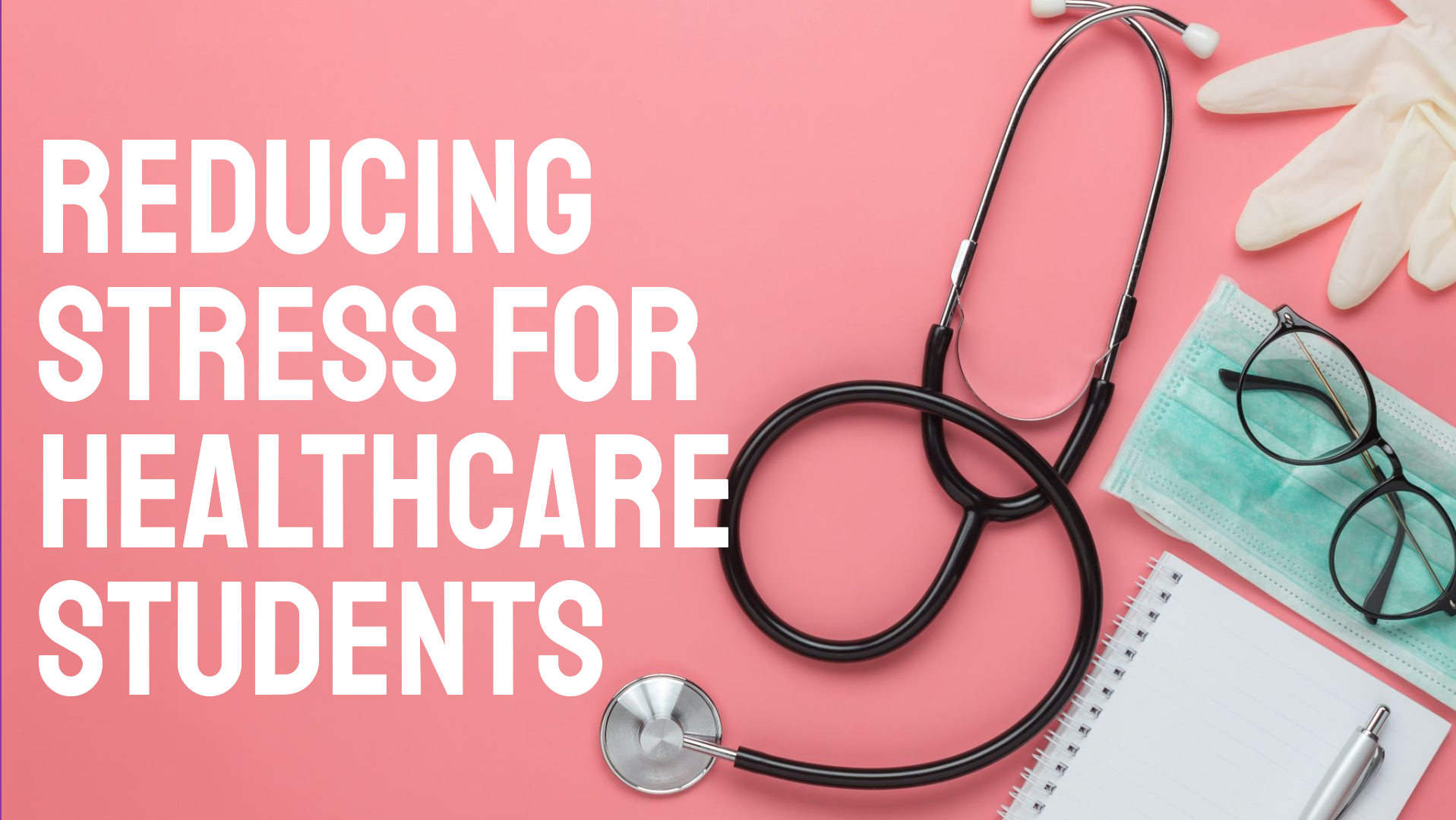
How Simulation-Based Learning Can Reduce Stress for Healthcare Students
Healthcare education is undoubtedly one of the most demanding fields of study. With high expectations, intense training, and the weight of future responsibilities, it’s no surprise that healthcare students often experience elevated levels of stress. As these students prepare for careers where quick, accurate decision-making can mean the difference between life and death, the pressure…
-
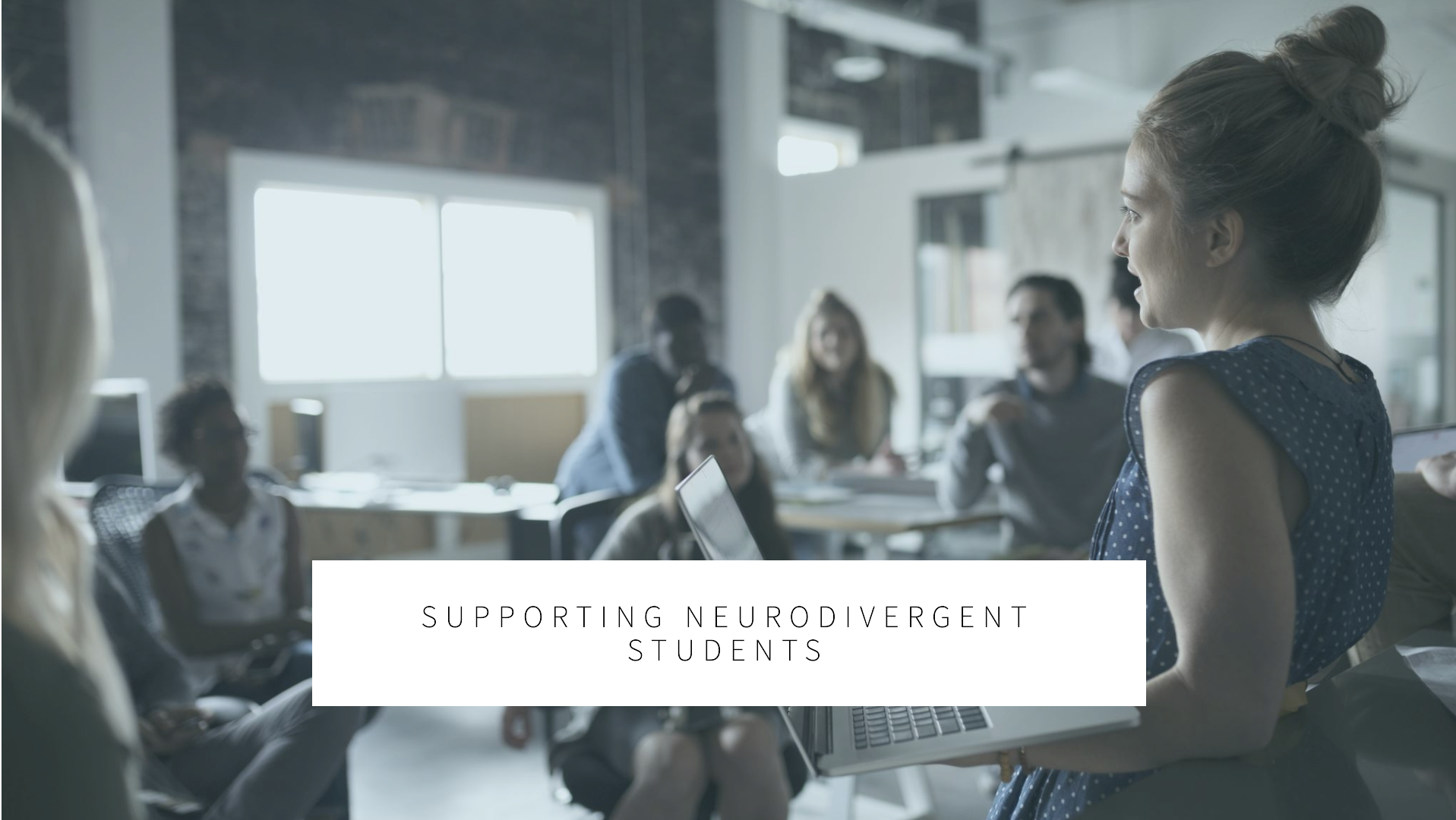
Supporting Neurodivergent Students in Simulation-Based Learning: Creating Inclusive Healthcare Education
Simulation-based learning is an incredibly powerful tool in healthcare education, offering students a realistic, hands-on environment to practice critical skills. However, for neurodivergent students—those with Autism, ADHD, Dyslexia, and other neurological variations—traditional simulation scenarios can present unique challenges. To foster an inclusive learning environment, it’s essential to adapt simulation-based healthcare training to meet the diverse…
-
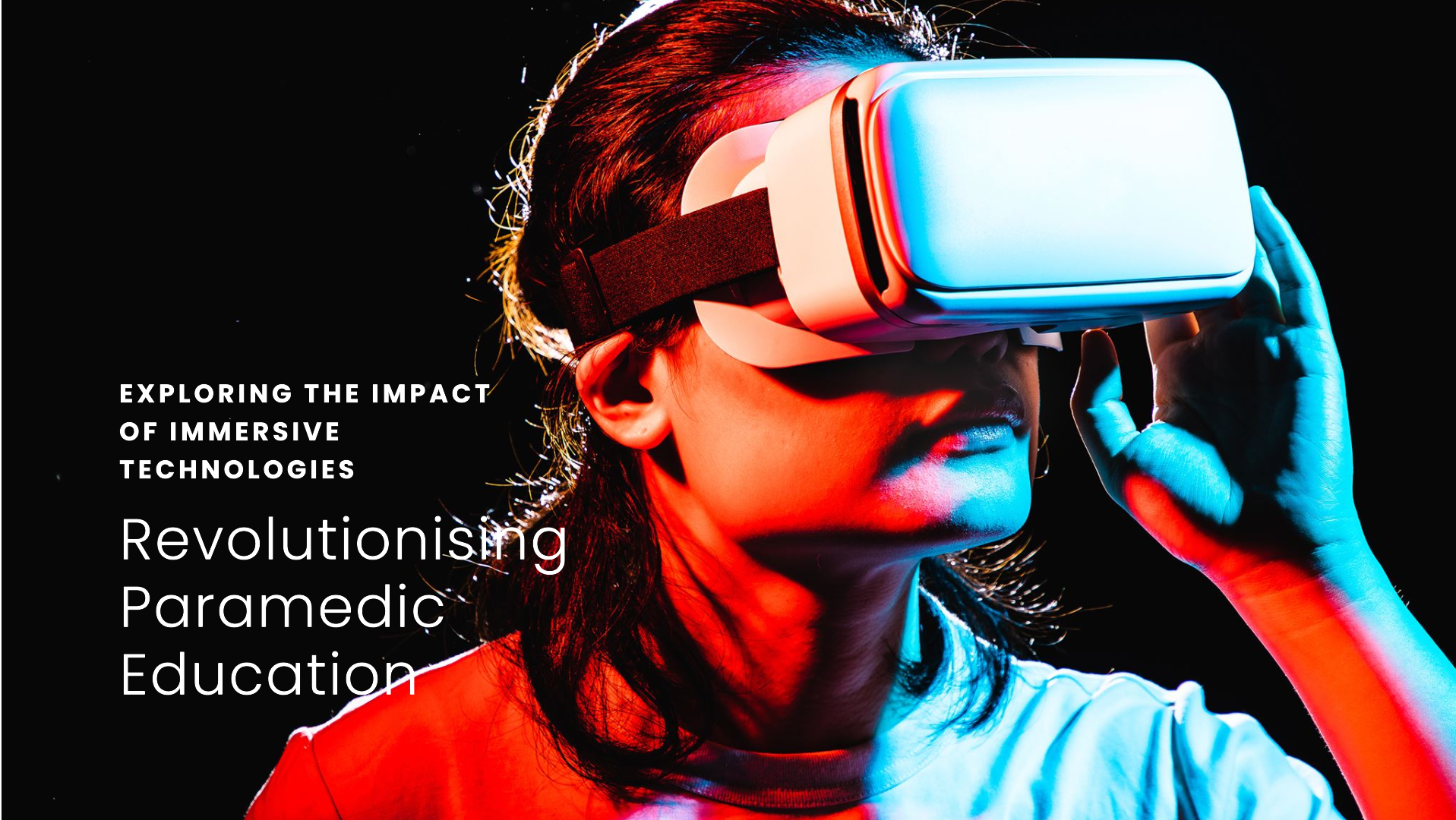
Why Immersive Technologies Are Transforming Paramedic Education
In a field like paramedicine, where split-second decisions can be the difference between life and death, education must go beyond theory. Immersive technologies, such as Virtual Reality (VR), Augmented Reality (AR), and simulation, are transforming paramedic training, offering a dynamic, risk-free way for students to hone their skills in realistic, high-pressure environments. This revolution in…
-
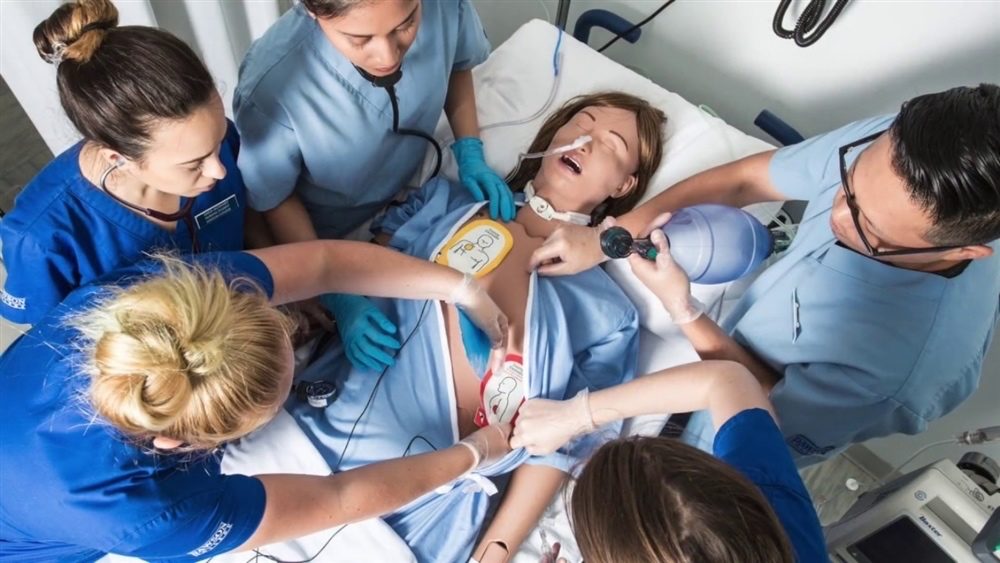
Healthcare Simulation
With extensive experience in nursing simulation, major incident response, and military scenarios, I bring a wealth of knowledge to creating realistic and impactful training environments. This page showcases my journey and expertise in healthcare simulation, demonstrating my commitment to excellence in this field. My Journey in Healthcare Simulation From the early stages of my career,…